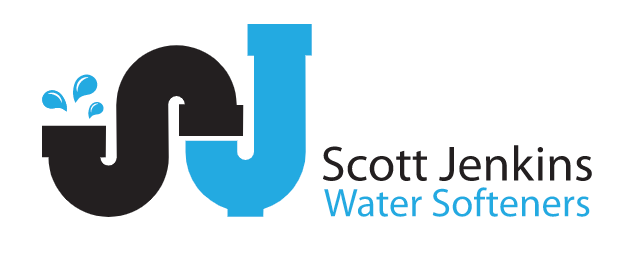Us Brits drink tea and coffee like there’s no tomorrow and we’ve all got our favourite brews. What do you prefer? Ceylon or Cappuccino? Or what about a barista’s concoction or a good old fashioned builder’s tea? The choices are as long as your arm and they all have their appeal.
But it can all count for very little without one essential ingredient.
The quality of the water can make or break the taste of a great cuppa
Yes, the particular strain of tea or the freshness of the coffee has a big part to play. But if you make them, using poor-quality water, this will have a big impact on the overall taste. There’s nothing worse than taking that first eagerly awaited sip, only to end up with an unpleasant taste of chlorine in your mouth. A sure sign that the drink’s been prepared in the wrong water – hard water.
Make no mistake – hard water doesn’t do justice to tea or coffee. Whether you are making your drink with an inexpensive tea bag or the most exquisite coffee beans – you will always get the tastiest results with soft water.
Why is this?
Firstly, the reason why tea and hard water are not the most obvious of bedfellows is because tea contains flavonoids which react against the calcium hydroxide in hard water. If you have ever seen a thin layer of film on the surface of the teacup or in the pot, it’s this reaction which has caused it. Indeed, some tea connoisseurs would even go so far as to say that it is impossible to make a decent cup of tea using hard water.
Secondly, it is also a fact that soft water is a naturally good solvent, which helps to disperse those wonderful aromas that tea and coffee emit. If they are made with hard water, the limescale content thwarts the free movement of these aromas. The result is that you don’t get such flavoursome beverages.
Thirdly, your tea and coffee will go a lot further if you make it with soft water. You won’t need to use the same amount of ingredients to enjoy your preferred strength of brew.
Fourth, as well as producing an unsavoury surface on the drink itself, hard water is also a devil for staining cups and teapots. And before you even pour the water into the receptacle, it will also play havoc with your kettle. Repeatedly boiling hard water will lead to horrible looking scaling on the inside of the kettle, a problem which will only get worse over time. Inevitably, some of this scaling will end up in your cup! Yuk!
And finally, soft water won’t just prevent this build-up of limescale altogether, it also has the added benefit of actually dissolving the scale in your kettle – providing better quality water, superior tasting tea or coffee, plus it will speed up the time it takes to bring that pure, scale-free water to the boil. So, you get to enjoy great-tasting tea or coffee that much sooner!
With all this talk of tea and coffee, it’s time to put the kettle on.
If you are still making your hot drinks with hard water and are thinking about switching to a soft water system, Scott Jenkins Water Softeners are here to help. We can’t supply the tea and coffee – but we will supply the soft water!
To find out, call us today on 01243 607494 or via email: scott@sjbs.info.
